Blockchain technology has revolutionized the way we think about digital trust and transactions, underpinning cryptocurrencies and decentralized applications (DApps). At the heart of this revolution are blockchain node providers, essential services that enable access to blockchain infrastructure without the need to set up and maintain one’s own full node. This listicle explores the world of blockchain node providers, offering insights for cryptocurrency enthusiasts and blockchain developers on leveraging these services to drive innovation and efficiency.
What are Blockchain Node Providers?
Blockchain node providers are specialized companies or services that manage the operation of blockchain nodes on behalf of their clients. These nodes are critical components of blockchain networks, responsible for validating transactions, maintaining the ledger, and ensuring the integrity and security of the blockchain.
By offering managed services, blockchain node providers allow users to access and interact with various blockchain networks without the need to set up and maintain their own nodes. This is particularly beneficial for developers of decentralized applications (DApps), crypto wallets, and other blockchain-based services, as it simplifies the technical complexities involved in running a node.
Running a full node can be resource-intensive, requiring substantial computational power, storage, and bandwidth. Additionally, it necessitates a deep understanding of the underlying blockchain technology. By outsourcing this task to node providers, individuals and businesses can focus on their core activities while still benefiting from reliable and efficient access to blockchain data.
In summary, blockchain node providers play a crucial role in the ecosystem by offering a streamlined way to access blockchain networks, thereby fostering innovation and adoption of blockchain technology across various industries.
Benefits of Using a Blockchain Node Provider
Utilizing a blockchain node provider comes with a myriad of advantages that can significantly impact the efficiency and effectiveness of blockchain-related projects. For developers and businesses alike, node providers take on the complex task of managing full nodes, allowing them to focus on their core objectives without the overhead of node maintenance. These services not only streamline access to blockchain networks but also offer enhanced reliability, scalability, and security, making them an indispensable component for anyone looking to leverage blockchain technology.
- Simplified access to blockchain infrastructure: Node providers abstract the complexities of node management, making it easier for developers to focus on building their applications.
- Reduced operational costs: Maintaining a full node can be expensive due to hardware requirements and electricity costs. Using a node provider can significantly lower these expenses.
- Increased scalability and reliability: Professional node providers deploy nodes across multiple data centers, ensuring high availability and the ability to scale as needed.
- Enhanced security: With dedicated security measures in place, node providers offer a more secure environment for accessing blockchain networks.
Choosing the Right Blockchain Node Provider
When selecting a blockchain node provider, consider the following factors to ensure you make the best choice for your project:
- Supported blockchains: Ensure the provider supports the blockchain networks relevant to your project. This is crucial for compatibility and to leverage the specific benefits of those networks.
- Uptime and reliability: Look for providers with a proven track record of high uptime and reliable service. Downtime can lead to significant issues, including transaction delays and data inconsistency.
- Security measures: Evaluate the security protocols in place to protect your data and transactions. This includes encryption standards, DDoS protection, and compliance with industry regulations.
- API access and features: Assess the ease of integration and the availability of features that can enhance your application. A well-documented API, robust support, and additional tools can significantly streamline development.
- Pricing and scalability options: Compare providers based on their pricing structures and the ability to scale services in line with your project’s growth. Consider both initial costs and long-term expenses as your needs evolve.
By taking these factors into account, you can select a blockchain node provider that not only meets your current requirements but also supports your project’s future development and scalability.
Popular Blockchain Node Providers
- Infura: A widely used service that supports Ethereum and IPFS, offering easy-to-use APIs and developer tools.
- Alchemy: Provides a powerful suite of development tools and scalable API access to multiple blockchains.
- QuickNode: Offers high-performance node infrastructure with support for multiple blockchain networks.
- Blockdaemon: A comprehensive platform that facilitates the deployment, scaling, and management of blockchain nodes.
- GetBlock.io: Provides instant API access to full nodes from many leading blockchain protocols.
- Chainstack: Offers managed blockchain services making it easy to deploy, manage, and scale blockchain applications.
- Ankr: Delivers decentralized web services and infrastructure for an array of blockchain projects.
- Pokt Network: A unique decentralized node infrastructure that connects DApps with blockchain networks.
- Amazon Managed Blockchain: A fully managed service that makes it easy to create and manage scalable blockchain networks.
- DigitalOcean Managed Blockchains: While primarily known for cloud hosting, DigitalOcean offers solutions that can be tailored for blockchain node management.
Conclusion
Blockchain node providers are integral to the continued growth and adoption of blockchain technology. By understanding the benefits and considerations associated with using these services, developers and businesses can make informed choices that propel their projects forward in the evolving digital landscape. Whether you are looking to build decentralized applications or leverage the benefits of blockchain for your business, partnering with a reliable node provider can significantly enhance your capabilities and streamline operations. So next time you embark on a project involving blockchain, consider enlisting the support of a reputable node provider to unlock its full potential.
FAQ
What are the different types of blockchain node provider services?
Services range from offering API access to blockchain data, smart contract deployment, and transaction broadcasting, to custom solutions for large-scale enterprises.
How do blockchain node providers ensure the security of their infrastructure?
Providers typically employ a combination of encryption, secure data centers, access controls, and constant monitoring to protect against unauthorized access and cyber threats.
What are the advantages and disadvantages of using a centralized vs. decentralized node provider?
Centralized providers may offer higher reliability and ease of use, but they pose risks of single points of failure and censorship. Decentralized providers enhance security and resistance to censorship but can be more complex to integrate and use.
How can I compare pricing plans from different blockchain node providers?
Most providers offer detailed pricing information on their websites. Consider your project’s specific needs, such as API requests per month, supported networks, and additional features, when comparing plans.
Are there any technical requirements for using a blockchain node provider?
While specific requirements vary, most providers aim to simplify integration, offering SDKs and comprehensive documentation to facilitate access to their services.
Do blockchain node providers offer additional services beyond node infrastructure?
Yes, many providers offer a range of services including analytics, monitoring tools, and development frameworks to support blockchain application development.

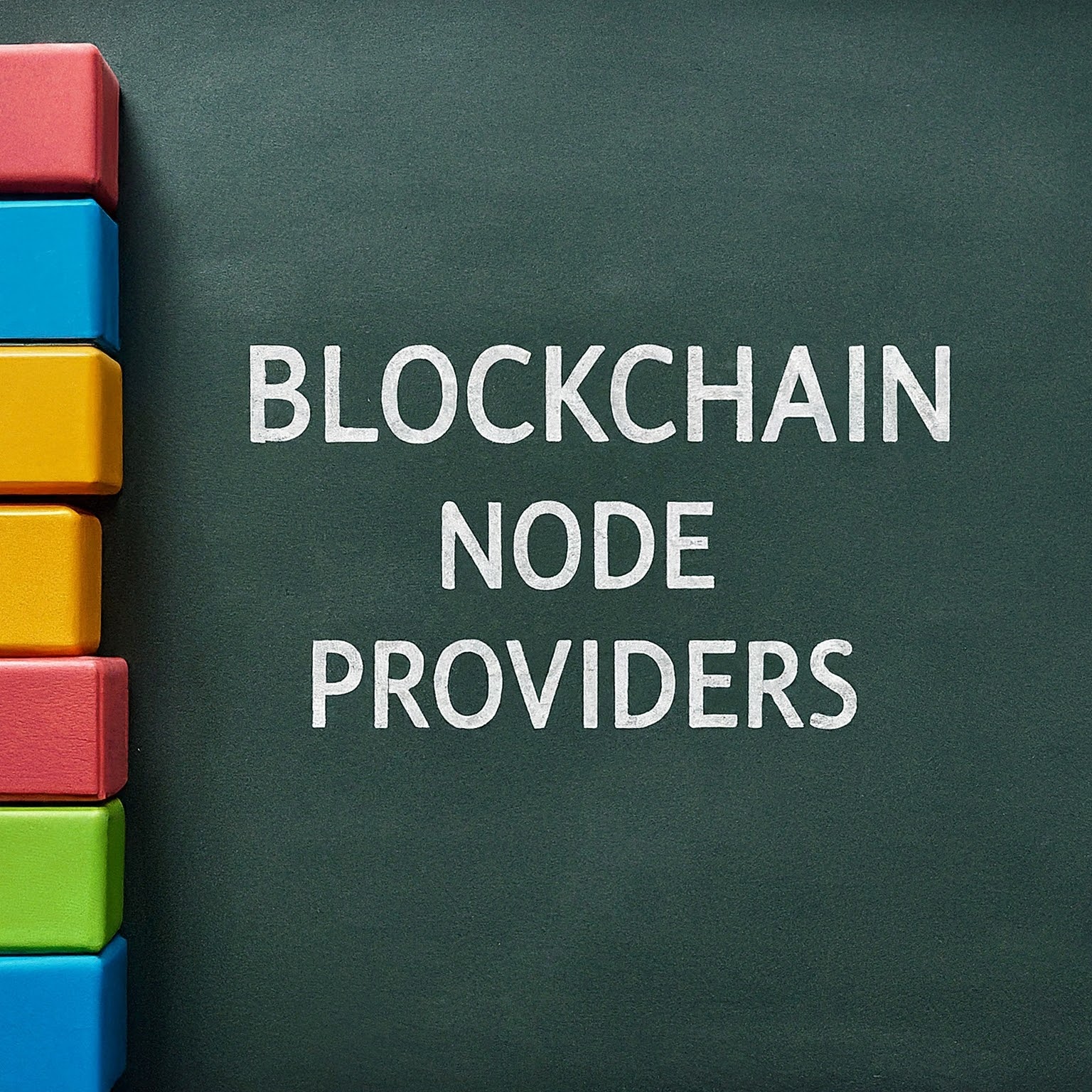
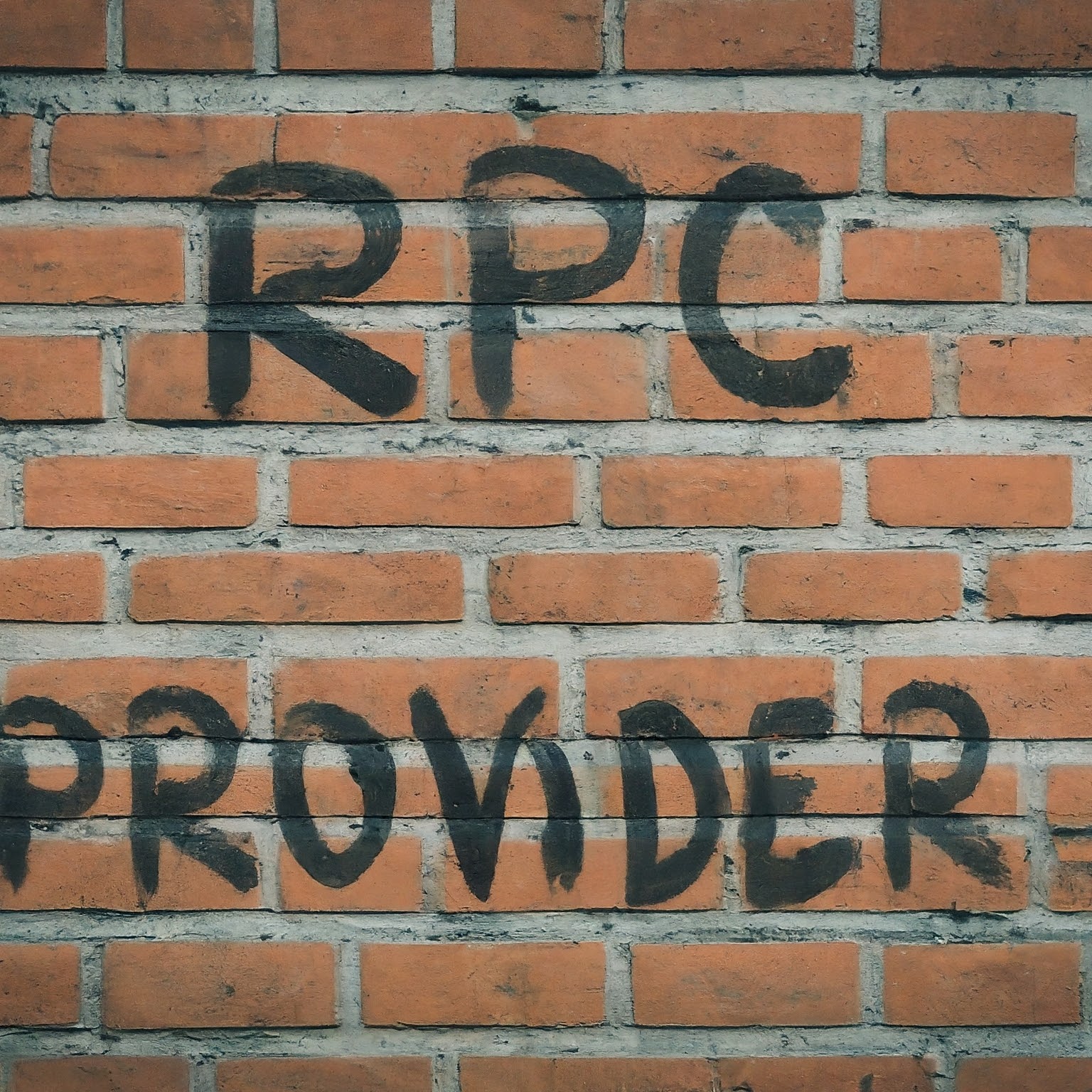
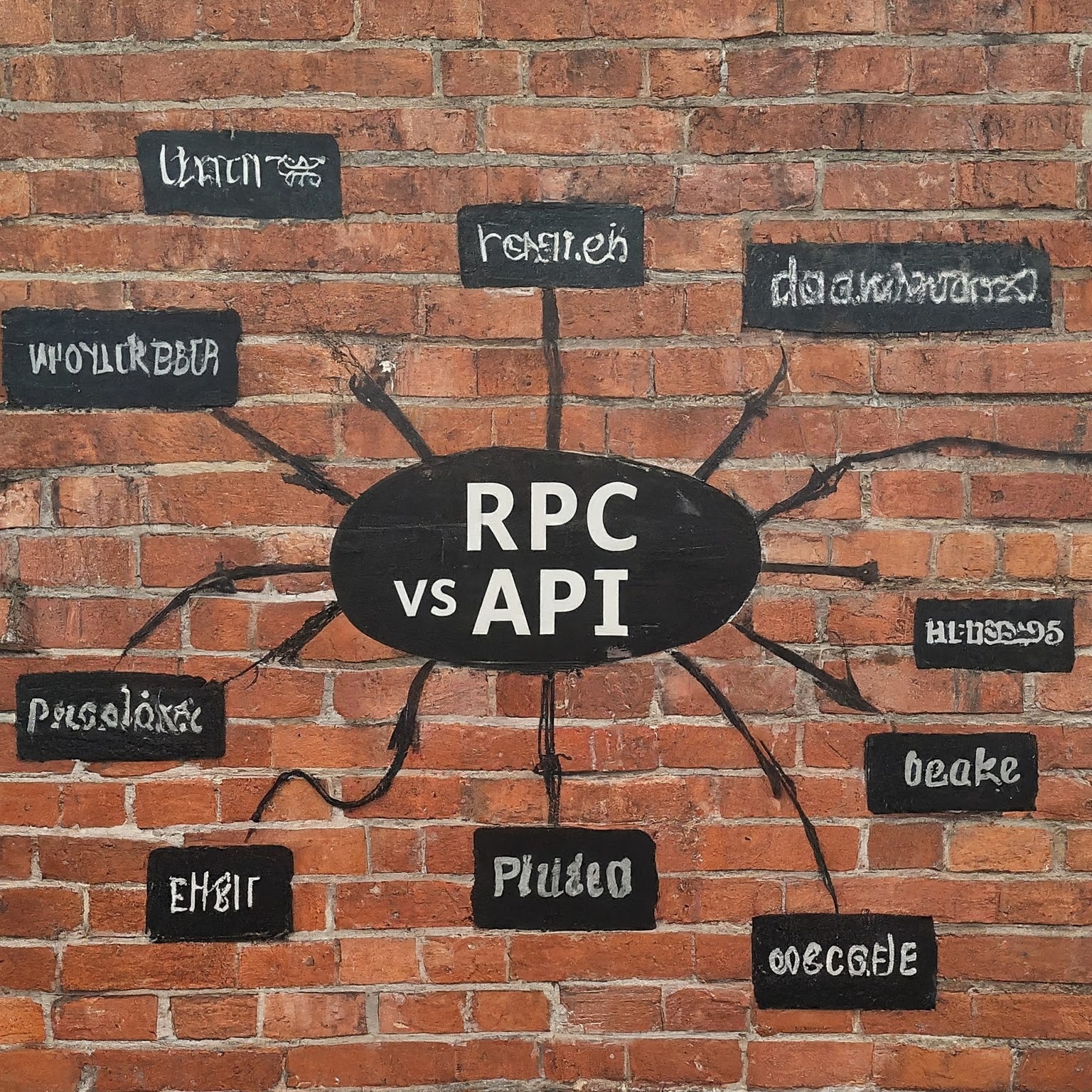
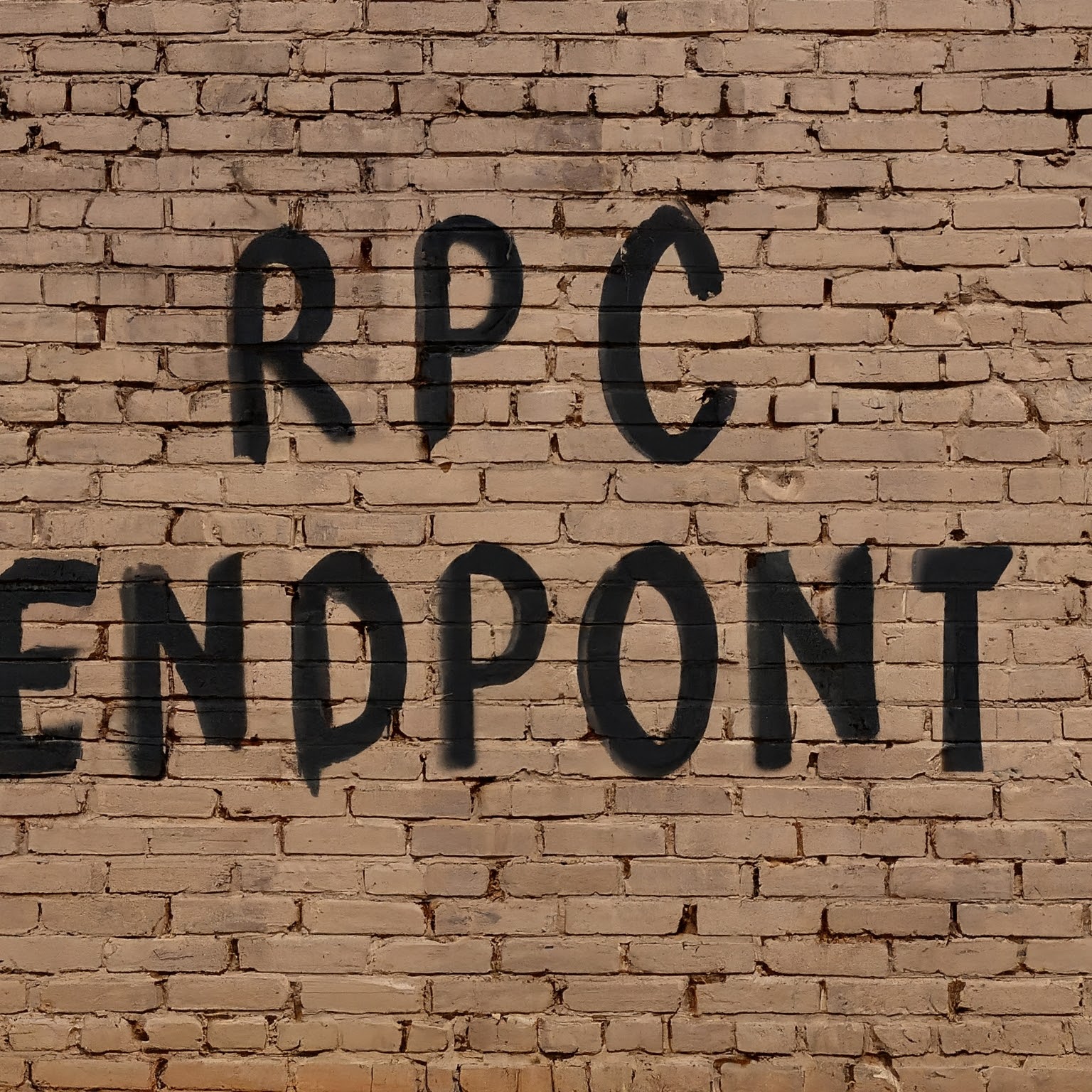
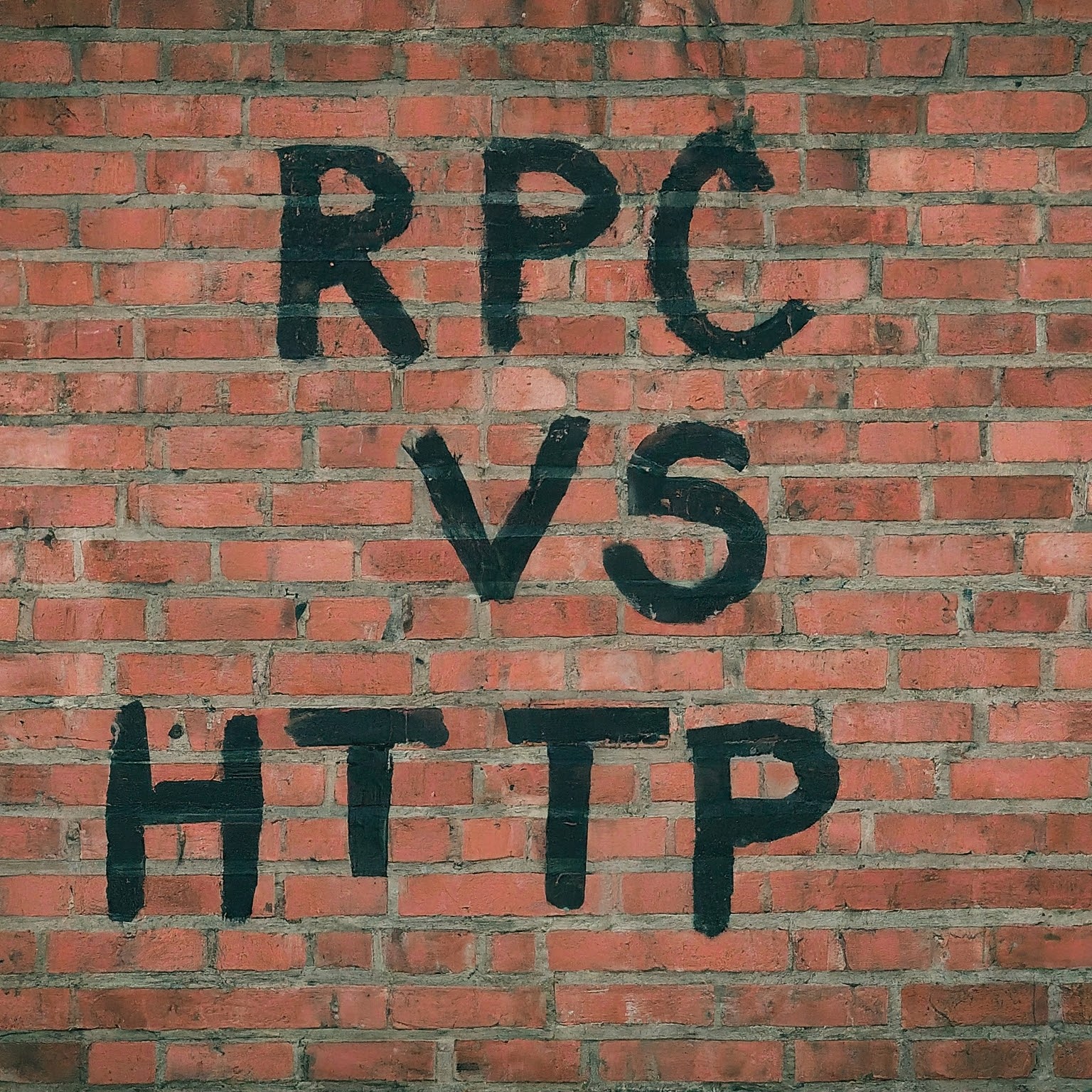
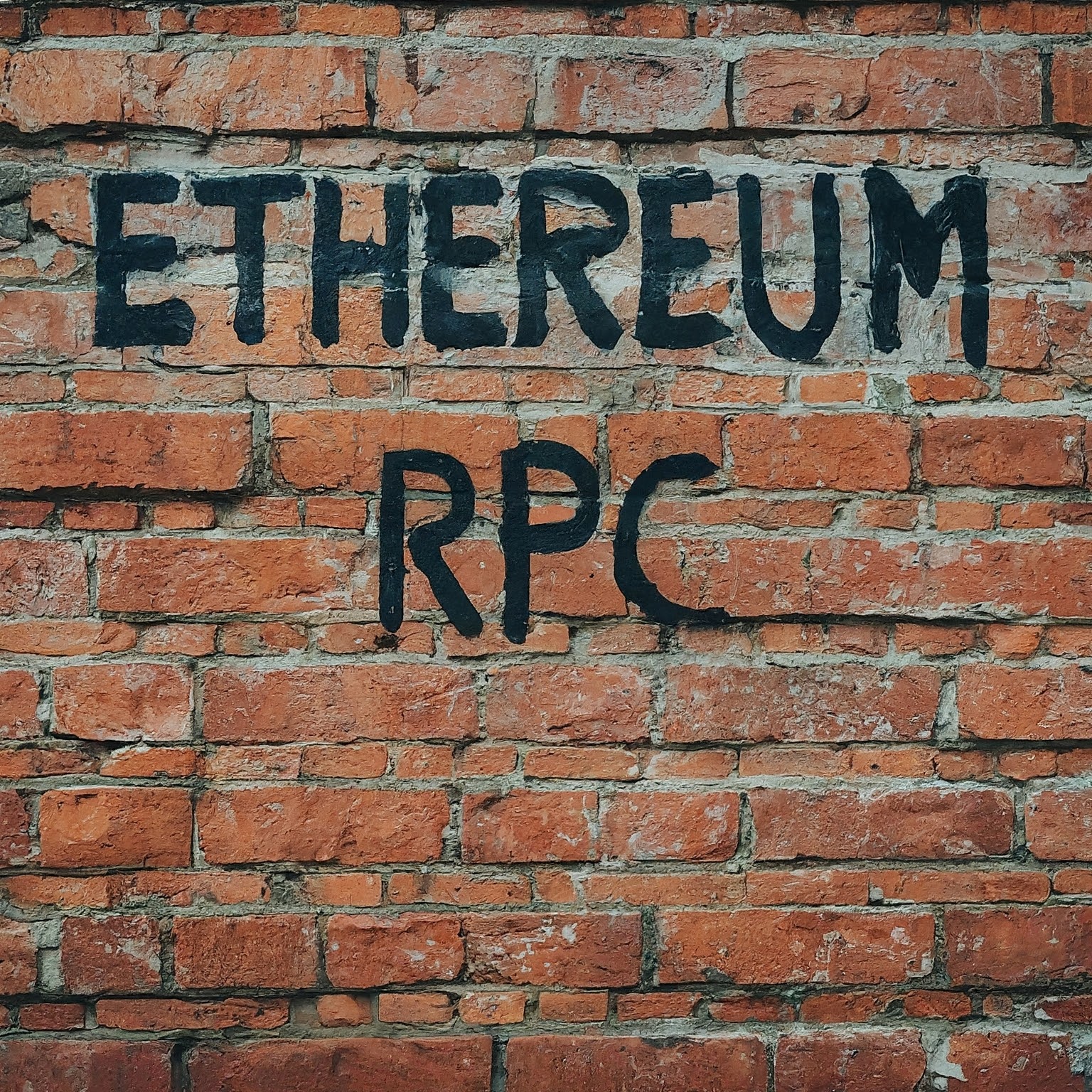
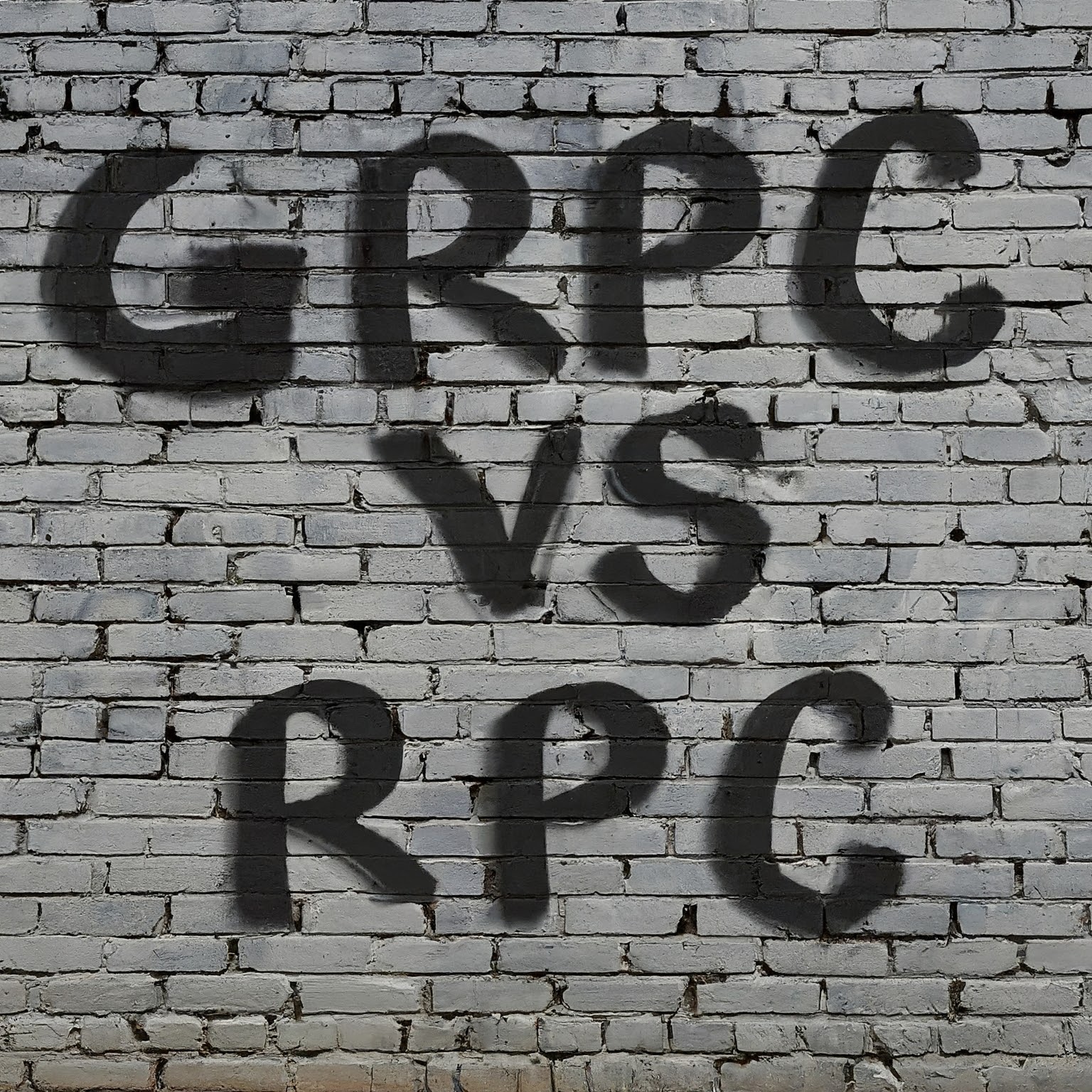
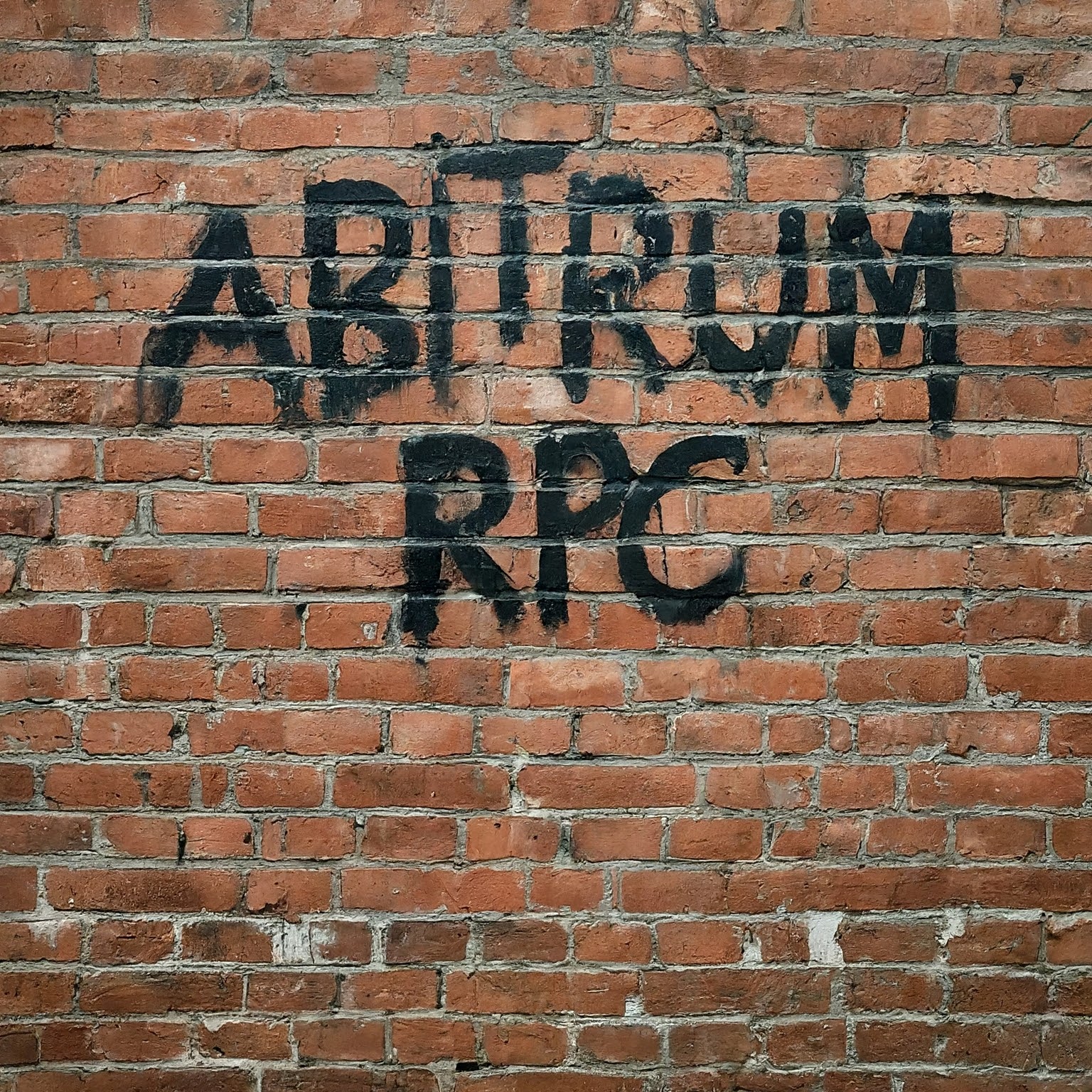

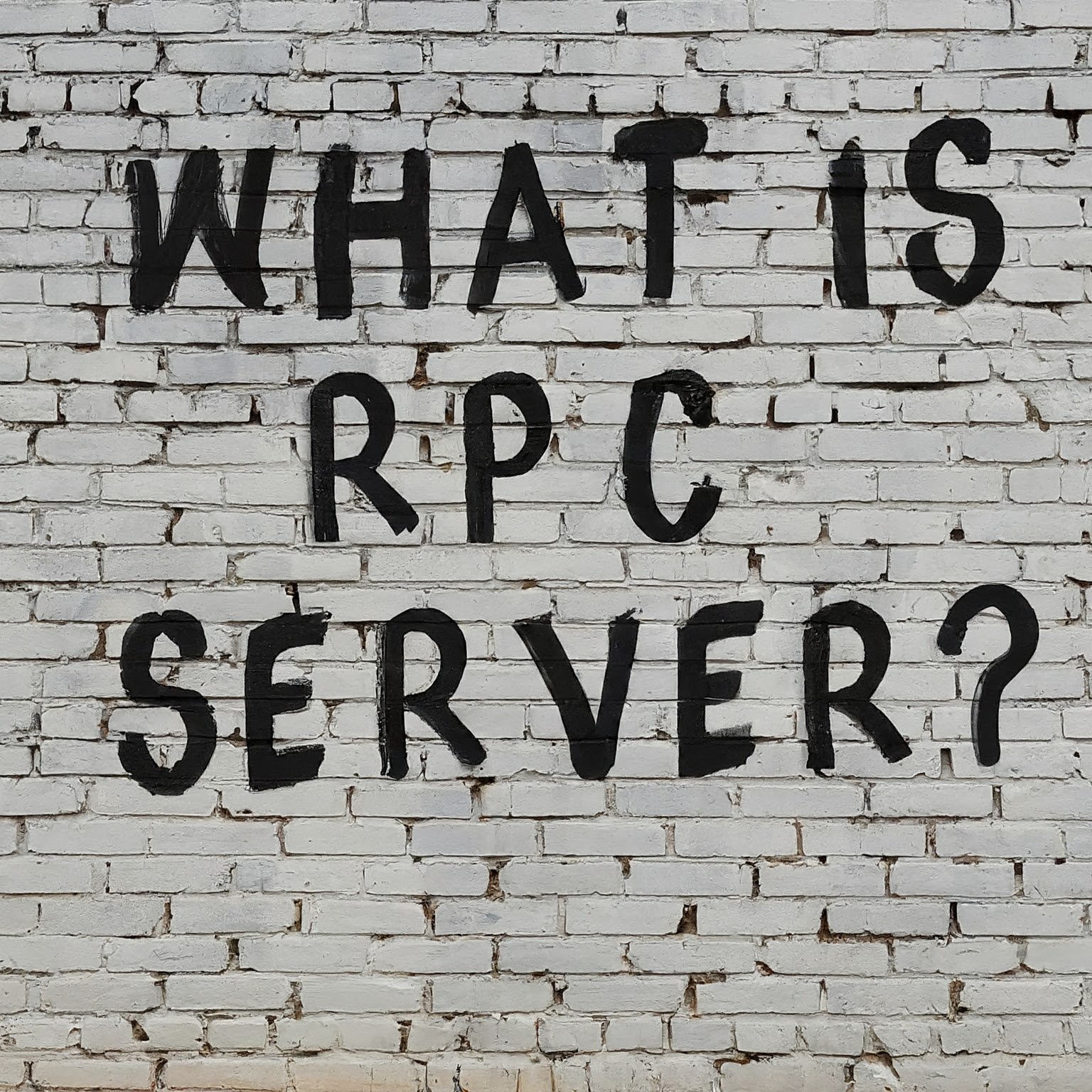
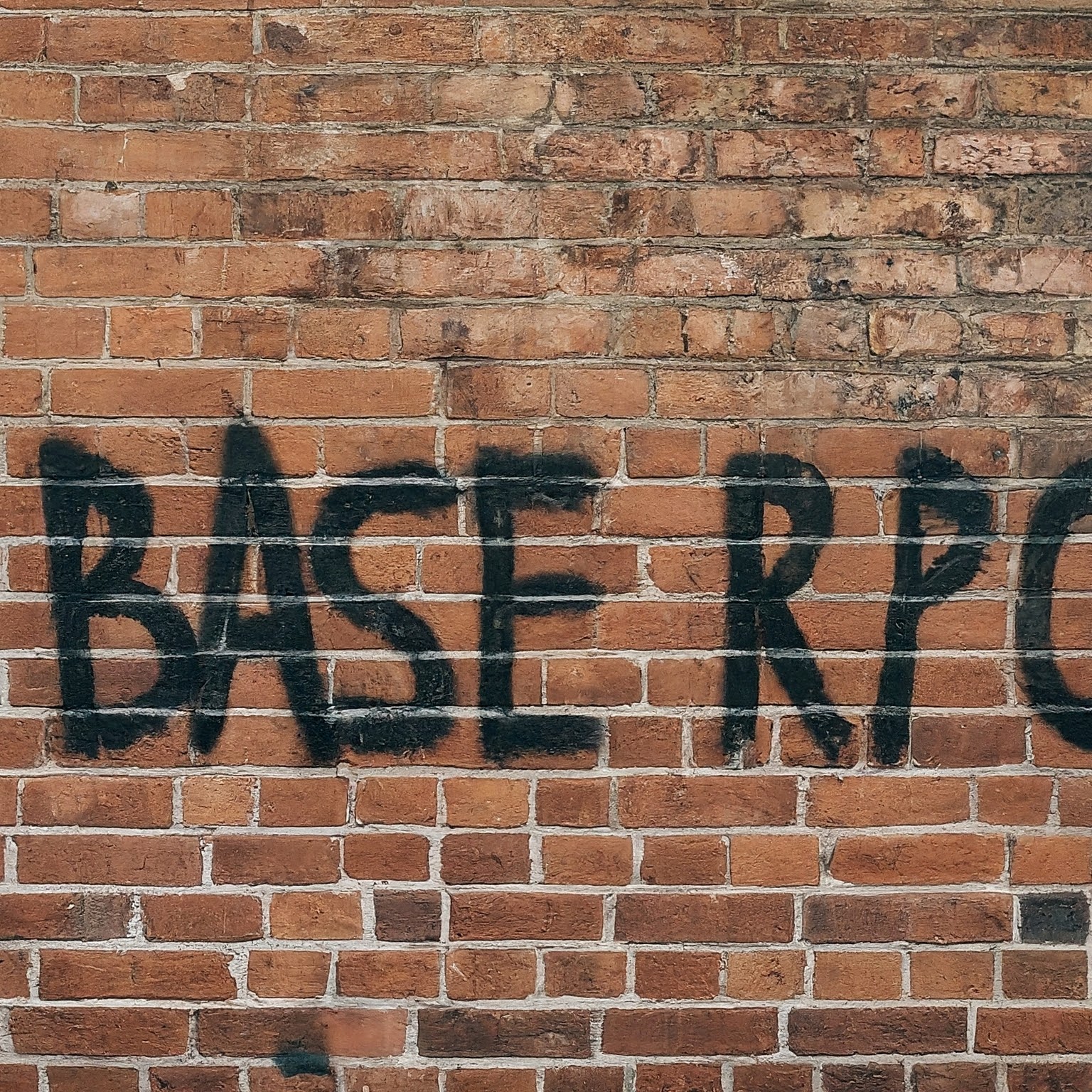
Leave a Reply
You must be logged in to post a comment.